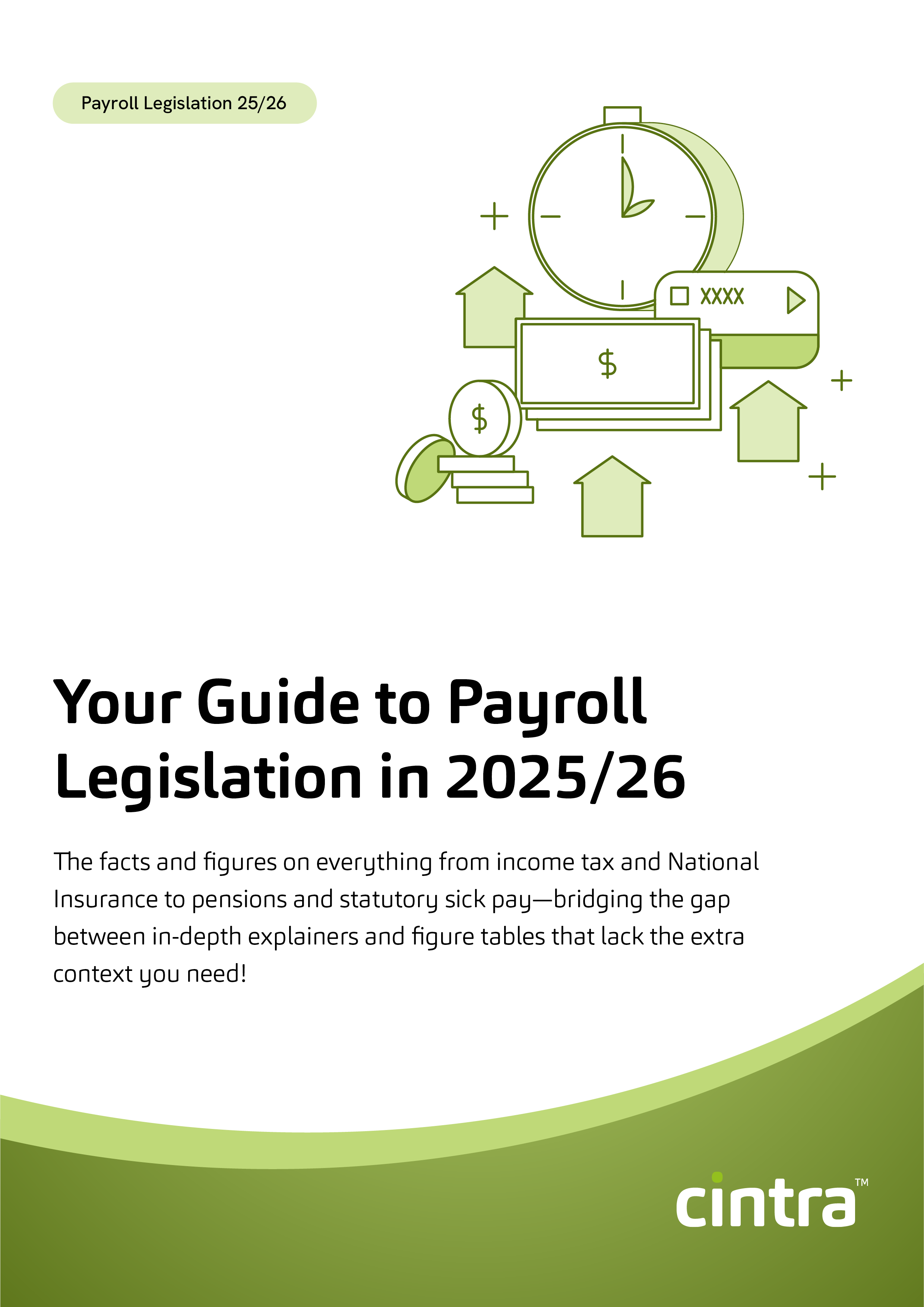That old chestnut… compliance. Global HR compliance is the process of building policies and procedures that ensure your organisation follows up to day employment laws and regulations. We know, it’s not the most glamorous world, but we also know how crucial it is for you to get it right. Compliance might not be the belle of everyone’s ball, but it’s the way us payroll and HR professionals make sure everyone is looked after and everything is above board.
And when you’re operating on a global playing field, it’s complicated.
The good news? While there might be substantial challenges, there are also plenty of solutions.
What are the challenges?
As if your organisation hadn’t got enough on its plate already, there are various challenges to contend with when it comes to achieving total compliance. And there are so many factors that come into play. Let’s have a look at just a few:
Varying legal frameworks
Wherever you operate you’ll likely be confused with more legal frameworks than you can shake a stick at! This can be difficult to keep abreast of, especially when new rules and regulations are brought into effect on an annual basis in some countries, and in unexpected circumstances (we’re looking at you, pandemic!) even in days. Employment law across the globe spans everything from employee handbook requirements to minimum wage to tax laws to termination legalities, so there’s a lot to consider.
Complex admin
Your HR team will likely be tearing their hair out thanks to various complex administrative processes they’ll encounter when trying to achieve compliance. And it’s going to gobble up their time. So when they could be enriching employee experience, they’ll be spending their days constantly updating the many policies you’re going to need to ensure you’re compliant.
Cultural differences
Let’s face it, you’re used to doing things the way things are done in your home territory. That doesn’t mean it’s going to be the same in the country you’re expanding in to. Do you have an idea of how doing business in a different culture will impact your organisation? Local and national rules and laws may differ greatly due to different cultural traditions and values, so getting to grips with this will give you a head start.
It’s also key to be sensitive to the culture you’re operating in. Each country and region can differ in culture, language, values and what they expect from you as an employer. A great example of one major cultural difference between the west and east is silence. For the western world, silence means awkwardness and discomfort, whereas in the east? It means you’re contemplating deeply. Nothing is black and white when it comes to bridging the cultural divide.
Language barriers
Language barriers are an obvious hurdle. And not just when it comes to communicating with your team! Most laws and regulations will be written in the native language of the country. So you’ll have to consider the cost and legwork of getting it all translated to either a standard or regional language, so you can in fact be aware of the laws and make sure you can comply with them. Is your organisation able to decipher these? Or might it be better to hire a local to translate and communicate all of the organisation’s documents in the local lingo?
Compliance risks and consequences
Alright, so, just a few hurdles. We know. You didn’t come here to hurdle! But we have to think carefully about getting this stuff right, because the consequences for organisations who don’t comply with global HR regulations are pretty grim.
Legal penalties: If you don’t comply with the rules and regulations of the country you operate in, you could face legal penalties – from prosecutions to litigations.
Financial liabilities: The consequences of non-compliance in global HR can result in hefty fines for your organisation.
Reputational damage: Non-compliance, particularly where litigation is involved (and especially so in cases of discrimination or unfairness) can cause devastating damage to a company’s reputation, which oftentimes can be hard to bounce back from.
Employee dissatisfaction: Failing to comply with the local and national laws and regulations can damage your employees’ morale. For example: payroll mistakes can cause paycheck delays, resulting in disgruntled employees who may start looking elsewhere for employment.
The importance of global HR compliance training
Global HR compliance gives HR managers sleepless nights. Staying on top of those constantly changing laws and policies is going to need a well-trained team. Then you know you’ll be compliant at every level. Knowledge is power and if the HR team and employees are clear on the importance of compliance, everyone is going to benefit.
There are several reasons why global HR compliance training is not only beneficial, but a central facet to your organisation’s success. Let’s dive in!
Risk reduction
Risk management around rules, regulations and practices is key in compliance. Whether it’s safety in the workplace or data protection – knowing how to assess and deal with these situations appropriately can keep employees safe, reduce accidents and protect confidential company information.
Save on costs
We know that training is costly. But falling foul of compliance legislation makes for a very expensive exercise. Proper training of the team encourages a culture of correct record-keeping, accurate payroll management and proper benefits admin all helps to decrease the likelihood of costly mistakes and keep costs to a minimum.
Legal protection
Treating your people fairly and being aware of discrimination within your organisation, as well as the thorough understanding and compliance to regulations, will make sure you reduce the risks that result in costly fines or legal penalties.
Brand preservation
Proper training and guidance of your HR team can’t be overemphasised. What could be worse than suffering damage to your reputation through non-compliance? Making sure to treat your people right, provide a safe workplace and keeping abreast of what you should comply with all help to cement your organisation’s reputation as industry-leaders.
The right HR training is integral to supporting global HR compliance. Saving money, time, your reputation and providing a damned good place to work are just a few of the benefits which will make sure you succeed in the long-term.
Compliance monitoring and reporting
A dedicated HR team can confidently navigate the ever-changing scene of global compliance. Their role is to monitor the constantly-changing laws and regulations in specific countries. This will make sure your organisation meets compliance and also promotes a culture of compliance within the organisation. But that team needs to be trained so they can get it right.
Having a large group of specialists on your team can enable you to conduct regular audits and also seek out and work with other specialists who can help keep things on the straight and narrow.
Keeping an eye on compliance
There are several strategies for making sure your organisation is compliant and stays that way. It can be a huge time suck setting up these clunky systems and having the manpower to carry them out. Partnering with a global HR partner could help you massively in staying up to date with all the things. If you want to do it yourself, (good luck, we say!) setting up a dedicated team who are well-versed in the procedures of monitoring and tracking of HR laws is the first step. These individuals must be stringent, thorough and rigorous in their pursuit of complete compliance.
Internal audits
Getting an idea of your performance when it comes to compliance is more important than ever. Monitoring internal compliance in your organisation makes sure that your people are doing things the right way. Are they following policy? An audit itself makes sure that everything is in place, but continuous monitoring will allow you to find out if your team is actually following the policies to the letter. Ultimately, an audit is an objective examination of your policies, practices and procedures with the goal being to identify where you can improve.
What should compliance monitoring look like?
Compliance monitoring is all about keeping a check on the risks you face as an organisation and steps you have taken to mitigate them. Of course, the way you do that will depend on the size and scope of your organisation. Smaller concerns are bound to face less complexity. Organisations with hundreds of employees all over the globe are obviously going to be more complex to monitor.
As for reporting compliance, you’ll need to include how you test for compliance, who is responsible, the frequency with which testing takes place and how you’ll document the testing that has been carried out.
The bottom line is: setting up an auditing process is necessary to make sure you’re compliant in every way.
Report compliance status to relevant stakeholders
In a wholly compliant organisation, transparency isn’t a problem. Documented evidence of compliance procedures and success can be shared with your stakeholders. You should consider what information you’ll want to share, by which methods and how frequently.
Choose a global HR partner
One way to make sure you’re wholly compliant is to work with a team who’ve been there, done that. By partnering with an HR outfit who know their stuff, you can rest assured all the bases will be covered. In fact, when you start up in a new area you might already need to work with an EOR or a PEO to make sure you’ve got everything in hand.
Focus on the best bits and let us do the rest
We know global expansion brings many challenges and it’s a lot to take in. But it also brings a bounty of opportunities. So why not focus on the best bits and let us handle the rest?
Cintra Global will help to keep you fully compliant no matter where you operate. We have a robust team of international HR experts with bags of compliance expertise in every area. Not only can we help you to manage the data, and all that reporting, but our team of experts can advise on aspects like the cultural divide and language barriers. Partnering with us will take the headaches out of the HR and give you time to do what really matters – look after your people, no matter where in the world they are. Just some of the services we can offer include:
- International HR services spanning the entire employee lifecycle
- A 24/7 helpdesk for all your puzzling queries
- HR country factsheets to give you the inside track
- Fully managed international payroll


